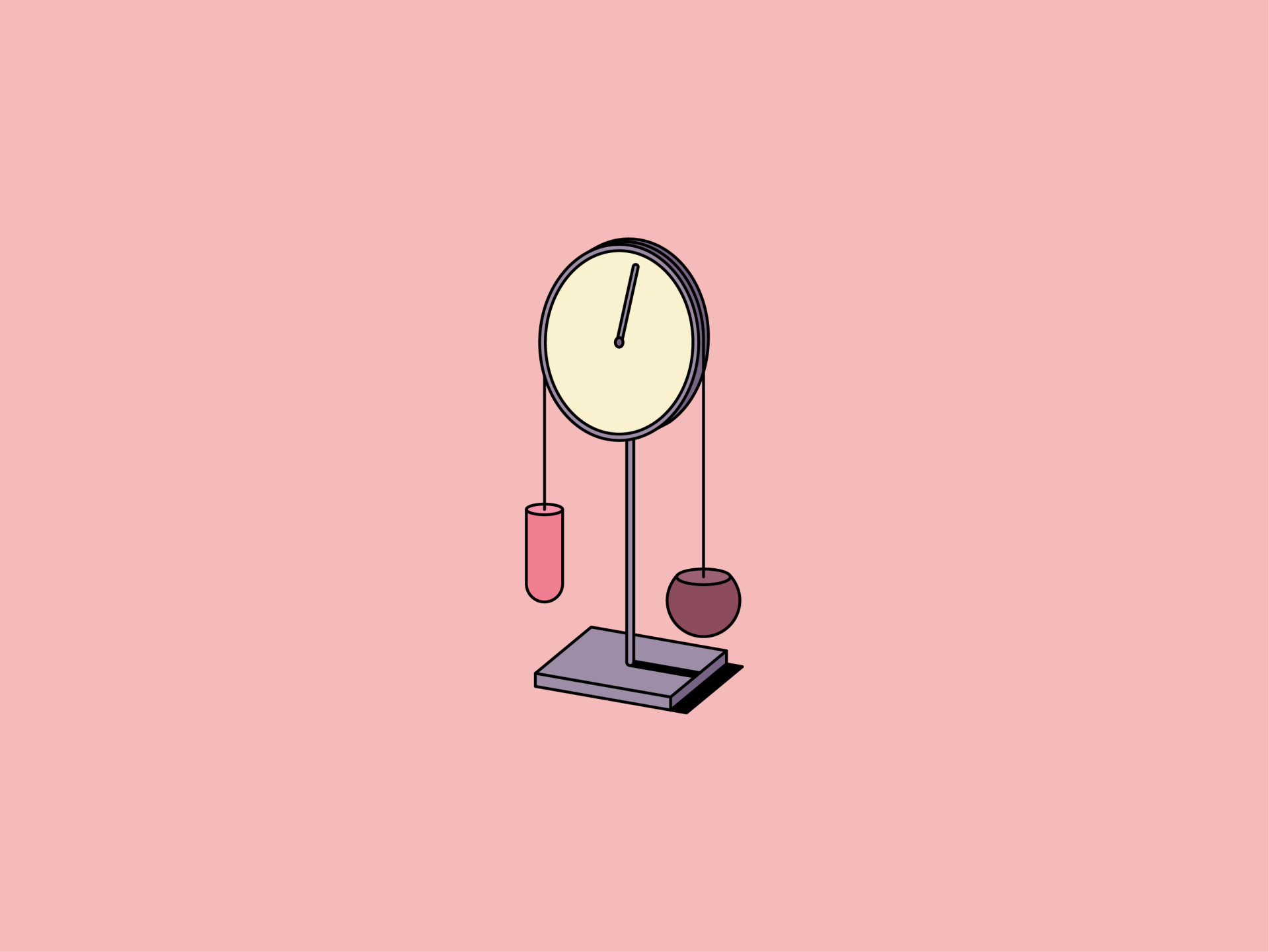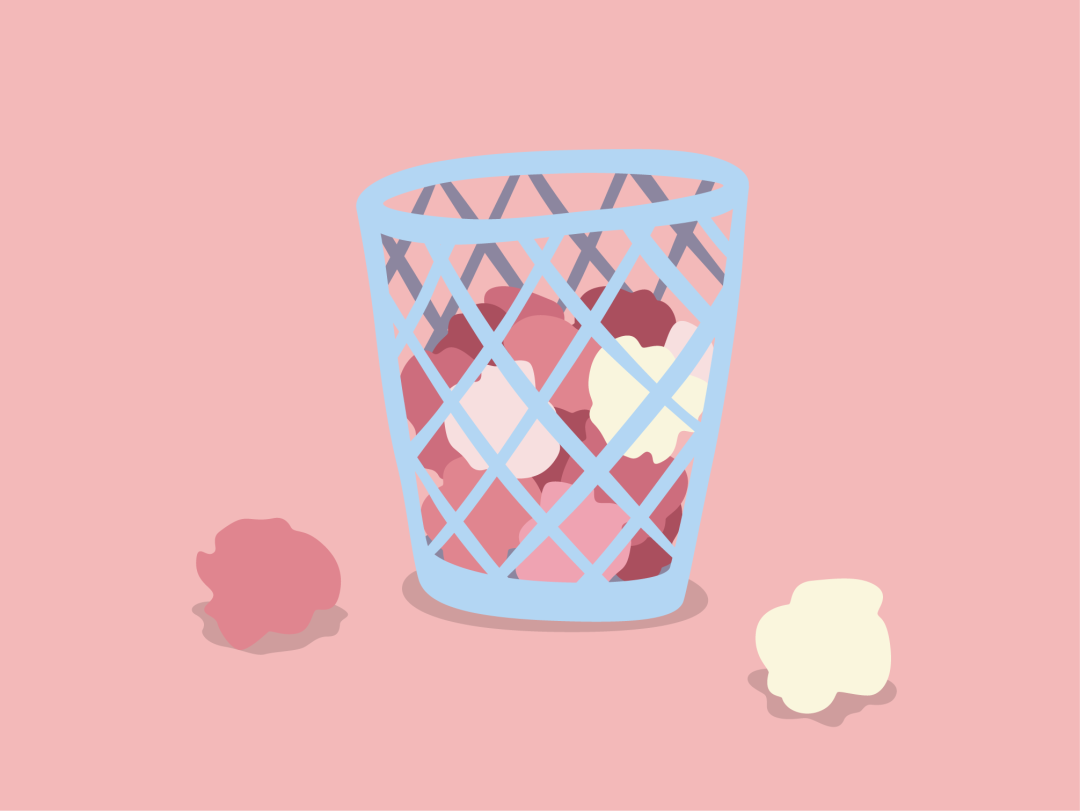Sign up to stay in the loop on new styles and sales!
Sign up to stay in the loop on new styles and sales!
#explainer
It’s Time to Put an End to Diet Culture
health
·5 min read

by Stephanie Roman | 08/29/2019
“I just can’t trust myself around certain foods.”
“Summer is coming and my body is *not* beach-ready.”
“I’m starting over on Monday.”
We’ve all said something like these things. Or at least, thought them. This is diet culture.
Diet culture is the belief that thinness is one of the most important (if not *the* most important) pursuits in life, especially for women. Diet culture says that severe restriction, ignoring our body’s cues, and demonizing certain foods is worthwhile and should even be praised.
Diet culture teaches that being thin is a commodity, the primary indicator of health, and within the reach of everyone, if you just try hard enough.
Ultimately, diet culture tricks us into thinking our value comes from our exterior, that we need an outside source to tell us how to eat and live, that we can’t trust our bodies, and that feeling this way is normal.
In its most severe form, diet culture leads to the bullying and oppression of any individual that doesn’t meet its narrow requirements for health, beauty, and worth. Weight stigma causes harmful stress, crippling body shame, lack of self-worth, depression, and debilitating and deadly eating disorders.
Diet culture’s effects are much more serious than the latest weight-loss fad wants you to think.
where diet culture begins
Why is diet culture such a pervasive way of thinking? The most obvious reason is that the business of convincing people their bodies need to be changed is a multi-billion dollar industry. That much money wields influence — diet culture is everywhere we look and starts to mold our thinking from a young age.
I was only 11 when I decided that my body was wrong and needed to be changed. Others I know weren’t as fortunate, and were as young as 6 when they started down the body shame spiral. During these crucial developmental years, we start to observe our parents or peers who are dieting or unhappy with their bodies, the objectification of bodies in media, and the praise for those who are thin and the disapproval and mockery of those who are not.
The message becomes clear: to be accepted or worthy, you must be small.
how diet culture ends
For me, it took more than 25 years of self-loathing, disordered eating, and fighting with my body before I found a different way to live. The crucial part missing from stories like mine is the awareness that no, it’s not “normal” to walk around voraciously hungry, hating your body and feeling completely disconnected from yourself.
There was no one in my life to tell me this, because they didn’t know it either.
Obsessing over weight, denying ourselves whole food groups, going to bed hungry—these are all things seen as perfectly acceptable in diet culture. It wasn’t until I was introduced to the concepts of Intuitive Eating, size diversity, and body neutrality by a health coach that things started to change. When I did the work to really take my long-held beliefs about food, body, weight, and health and hold them up to the light my whole life transformed.
I stopped looking for the perfect advice that would make me small and pleasing to everyone and instead re-connected to my own inner voice. I learned that I didn’t have to love my body to not hate it — I could be neutral and appreciative of my body, regardless of its size. I learned how to make peace with food and how to see it as the nourishing, pleasurable, life-giving thing it was always meant to be.
In short, I started to really live. But without the cloud of shame and anxiety I had known for so long. Without diet culture’s hold on me.
It might be impossible to escape diet culture entirely but it IS possible to recognize it for what it truly is —and choose what’s best for *you*.
five easy tips for dismantling diet culture:
Refrain from commenting on people’s bodies — even if you think you’re giving a compliment. A person who has lost weight could be experiencing illness, or a person who has gained weight could be recovering from an eating disorder. We simply don’t know the reasons why someone’s body is changing. Plus, there are so many more compliment-worthy things about us than our bodies!
Remove the moral judgment from food — food is neither “good” or “bad,” it’s just food, and people are neither “good” or “bad” because of what they choose to eat.
Spend time confronting your own weight-bias. (Trust me, we all have it!) Start by exposing yourself to social media that represents larger bodies in a positive way. Check out brands like @eloquii and @universalstandard (and @thinx!).
If you have young people in your life, keep an ear out for how they talk about food and their bodies. Give them access to a variety of foods, and let them listen to and trust their body’s cues. Be there to remind them of their inherent worth, regardless of what their body looks like!
Be willing to analyze and challenge common beliefs when it comes to food, weight, and health. For example, the common belief that smaller always equals healthier or that size dictates our worth.
How has diet culture played a role in your life? What has helped you dismantle those unhealthy ideals? Share your stories with us in the comments.
Stephanie Roman is a Certified Health Coach and weight-neutral Body Acceptance Coach. Having struggled for many years with dieting and body shame, it’s Stephanie’s mission to support women with embracing the bodies they have now, so they can live their fullest lives with courage, confidence, and authenticity! Stephanie is also a speaker and workshop creator on body acceptance, size diversity, and body positivity. You can find Stephanie on Instagram.
by Stephanie Roman


